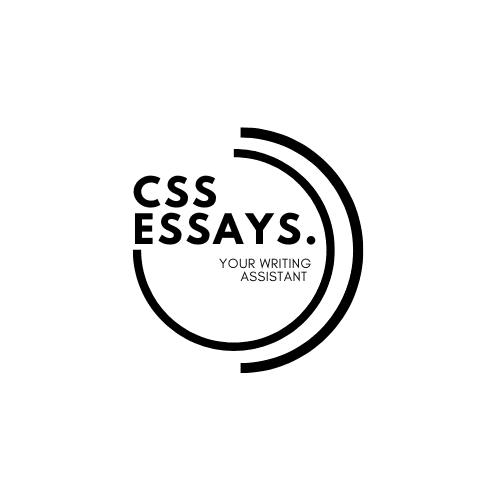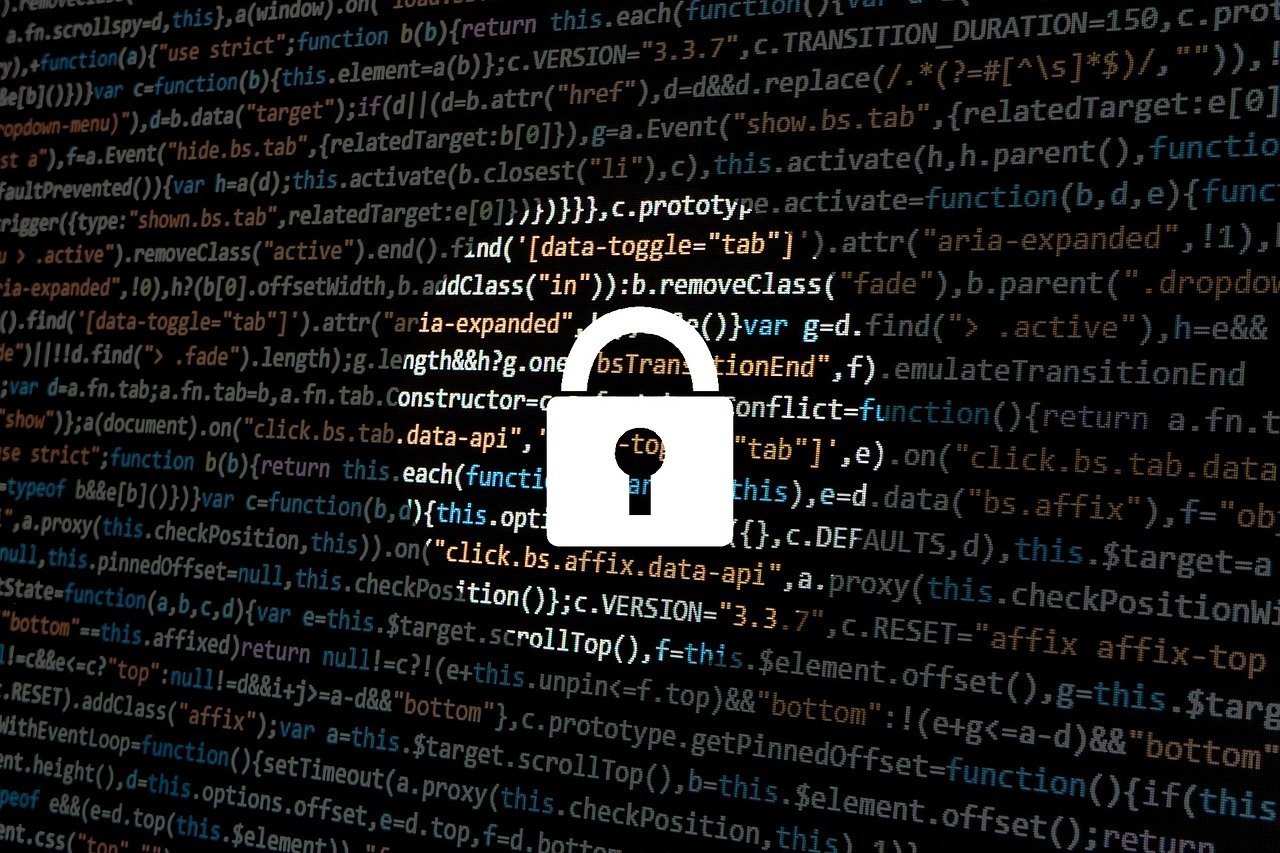Education plays a critical role in character-building of nations. It sculpts individuals’ personalities and instills values such as integrity, honesty, responsibility and respect for others into them. Furthermore, education equips people with the knowledge and abilities needed to make informed decisions as productive members of society.
Education is integral to any nation’s development:
Education is key to building human capital and equipping its citizens for the future. It not only imparts knowledge and skills, but it is also instrumental in character formation – shaping an individual’s personality while helping develop essential qualities like integrity, honesty, responsibility and respect for others. Thus it plays an essential role in nation character building.
Character development is the practice of creating oneself through intentional choices:
Character development involves instilling individuals with moral and ethical principles that guide their actions, such as honesty, integrity, empathy, respect and responsibility. Education is the keystone of character building; providing individuals with knowledge and skills necessary for becoming productive members of society while shaping an individual’s character for life in various ways:
Empathy, critical thinking and responsible decision-making: these three core qualities should guide decisions made within an organization.
Education plays a pivotal role in cultivating empathy, critical thinking and responsible decision-making – qualities essential for building an inclusive society. Education exposes individuals to diverse viewpoints while combatting stereotypes and prejudices that act as barriers against creating cohesive societies.
It can help individuals develop critical thinking abilities.
Critical thinking skills are indispensable in assessing information, analyzing complex problems, and making sound decisions. Furthermore, critical thinking allows individuals to challenge the status quo, question authority figures and advocate for change – thus education can play a vital role in creating citizens who stand up for what they believe in while fighting for what’s right.
Education can help individuals develop critical thinking skills needed for evaluating information, analyzing complex problems, and making informed decisions. Furthermore, education promotes values such as integrity and honesty that help establish strong bonds within communities.
Education plays an essential role in inculcating values such as integrity and honesty:
These values are essential to building trust and forging strong relationships within any community. An educated individual understands the significance of being honest and transparent and are more likely to uphold these principles both personally and professionally.
Education provides individuals with an avenue for developing an awareness and sense of social responsibility:
It emphasizes the value of contributing positively to society and making an impactful statement about who they are as an individual and member of their communities. Education fosters citizens committed to making a better world a reality for themselves and those they live alongside.
Education plays an essential part in shaping the nation. Governments and other stakeholders should prioritize investing in education to equip citizens to contribute actively towards national development.
Why education is necessary for character building in nations?
Education is critical in shaping individuals’ personalities and values. Providing them with knowledge, skills, and values necessary to become responsible and productive members of society.
Education can assist individuals in making sound decisions:
As they gain knowledge and skills needed to understand the impacts of their actions, they become better prepared to make choices that align with their values and beliefs. As such, this program helps develop responsible citizens. Who consider both the effects of their actions on society as well as potential ramifications of such decisions.
Education fosters empathy and understanding among individuals:
The Education provides them with an opportunity to gain exposure to different cultures, religions, and beliefs from which they may benefit greatly in developing empathy and understanding between individuals – an essential trait in building an inclusive and cohesive society.
Education helps individuals develop critical thinking abilities:
Critical thinking skills are indispensable for evaluating information, analyzing complex problems, and making informed decisions. Furthermore, critical thinking skills enable individuals to challenge the status quo, question authority figures, and advocate for change. Thus making education essential in shaping individuals who stand up for what they believe in and fight for what is right.
Education can help individuals develop values such as integrity and honesty:
Which are essential for building trust and forging strong relationships within any community. An educated individual understands the significance of being honest and transparent, which they will uphold both personally and professionally.
Education helps individuals develop a sense of responsibility towards society:
Education emphasizes the value of making positive contributions to society and having an effectful effect on their world, leading them down a path of contributing positively. Therefore, education helps create citizens dedicated to building better futures for themselves and their communities.
Summary:
Education plays an integral part in shaping individuals’ personalities and values to become responsible and productive members of society.
Education plays an instrumental role in aiding individuals to make informed decisions:
It empowers young people with the knowledge and skills needed to understand the consequences of their actions and make choices in line with their values and beliefs. Thus, education plays a significant role in creating responsible citizens who consider the impact they have on society.
Education actively fosters compassion and understanding between individuals:
By giving them exposure to diverse cultures, religions, and beliefs they are provided with an invaluable opportunity to gain knowledge of other perspectives. Which may contribute to fostering empathy and understanding between individuals in an inclusive society.
Education can assist individuals in developing critical thinking skills. These abilities are indispensable when evaluating information, analyzing complex problems, making informed decisions, challenging authority structures. Advocating for change or standing up for what they believe in – all hallmarks of citizenship education! Education helps create individuals who stand up for what is right and fight to defend it.
Education can also aid individuals in developing values like integrity and honesty. That are integral to building trust within communities and forming lasting relationships. An educated person understands the significance of upholding honesty and transparency as personal values in both their personal and professional lives.
Education can actively aid individuals in building an understanding of social responsibility:
Education helps instill in students the importance of contributing positively to society and making an impactful mark on the world around them. Thus, education helps develop citizens who are committed to building a brighter future for themselves and their communities.
Future of Nation is in Education:
Education is integral to any country’s future success as it helps form its citizens of tomorrow. An effective education system should equip individuals with all of the knowledge and abilities required for contributing positively towards its development and progress.
An actively educated population is essential to any nation’s competitive edge in an increasingly globalized economy. Nations with highly educated workers often attract more foreign investments, leading to job creation and economic expansion. An educated populace also drives innovation and entrepreneurship – key ingredients in creating new industries and driving economic development.
Education contributes directly to more engaged and informed citizens, with educated citizens understanding their rights and responsibilities and participating in democratic processes actively. Such engagement results in better governance, greater accountability and a more just society.
An educated population is better prepared to address the challenges of tomorrow. With our increasingly interconnected and complex world. The ability to think critically and solve problems effectively becomes ever more essential – something only an actively educated population possesses the skills and knowledge for. A highly educated population also possessing these capabilities can effectively address global issues like climate change, poverty, and conflict head on.
An educated population actively enhances social mobility and reduces inequality. Education gives individuals the chance to enhance their socio-economic standing while at the same time helping reduce poverty and inequality. An informed population contributes significantly towards building greater cohesion and stability – two components essential for sustained prosperity and security of any nation.
Conclusion: In conclusion, we have explored the vital role that education has on shaping national character and shaping the future of a country. Education provides individuals with the knowledge, skills and values required to become contributing and responsible members of society. Education fosters critical thinking skills, empathy and an ethos of responsibility towards society. An educated population is key for any country’s economic expansion, social progress, and long-term prosperity. Thus, it is imperative that governments and other stakeholders invest heavily in education so as to equip their citizens to contribute to its development. Indeed, success for any nation depends on providing quality education services for its people.





Well written sir, thank you
welcome